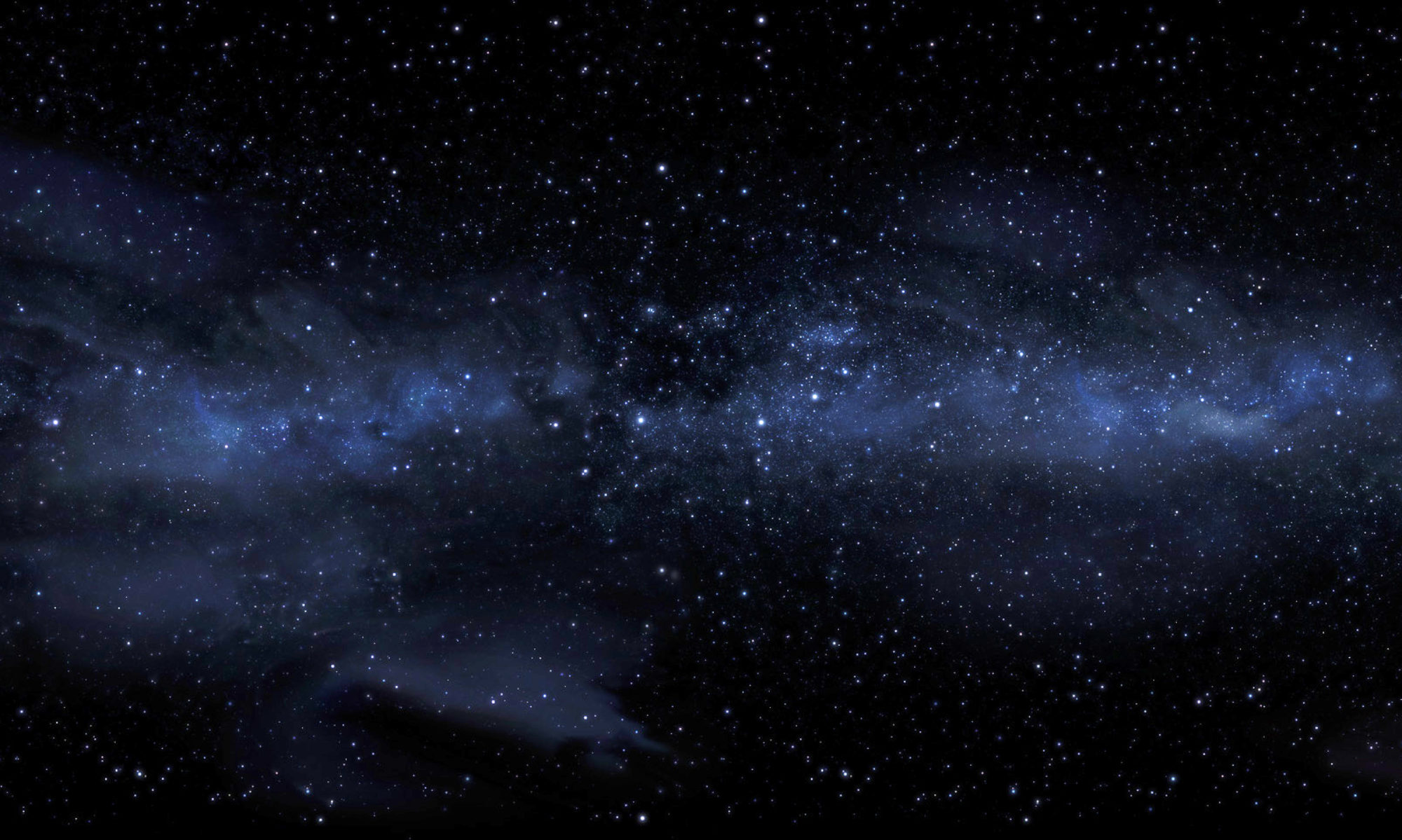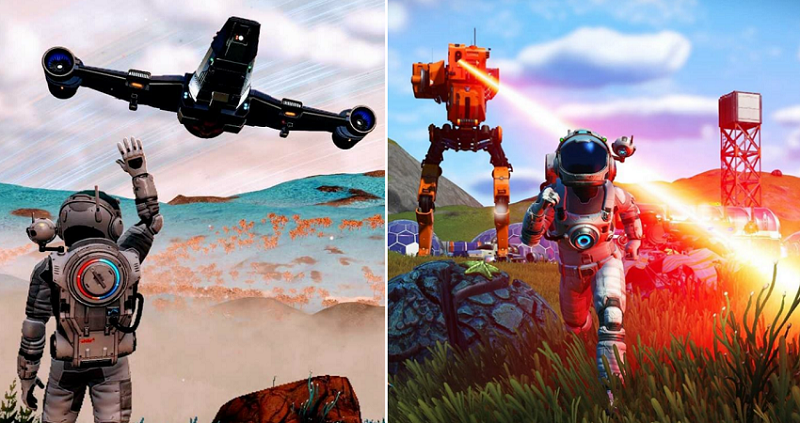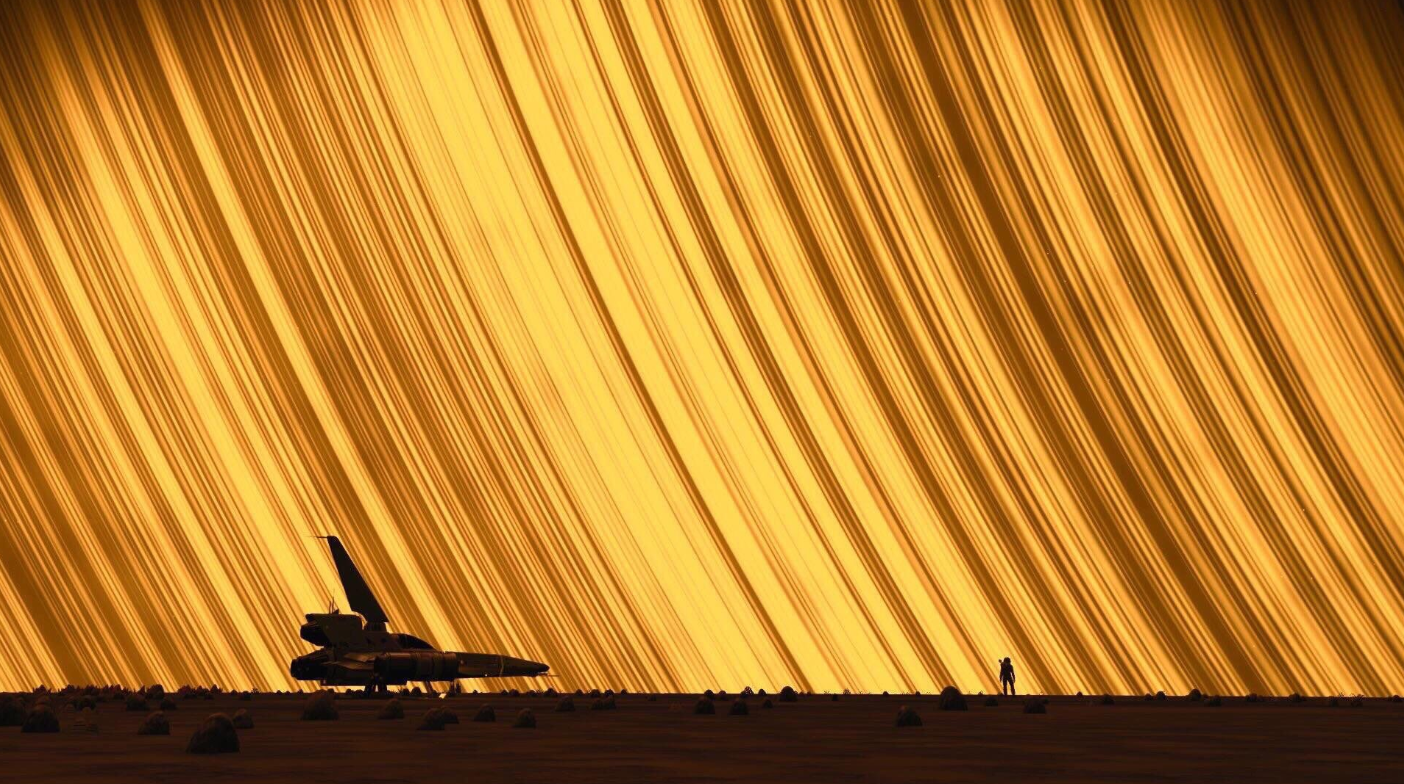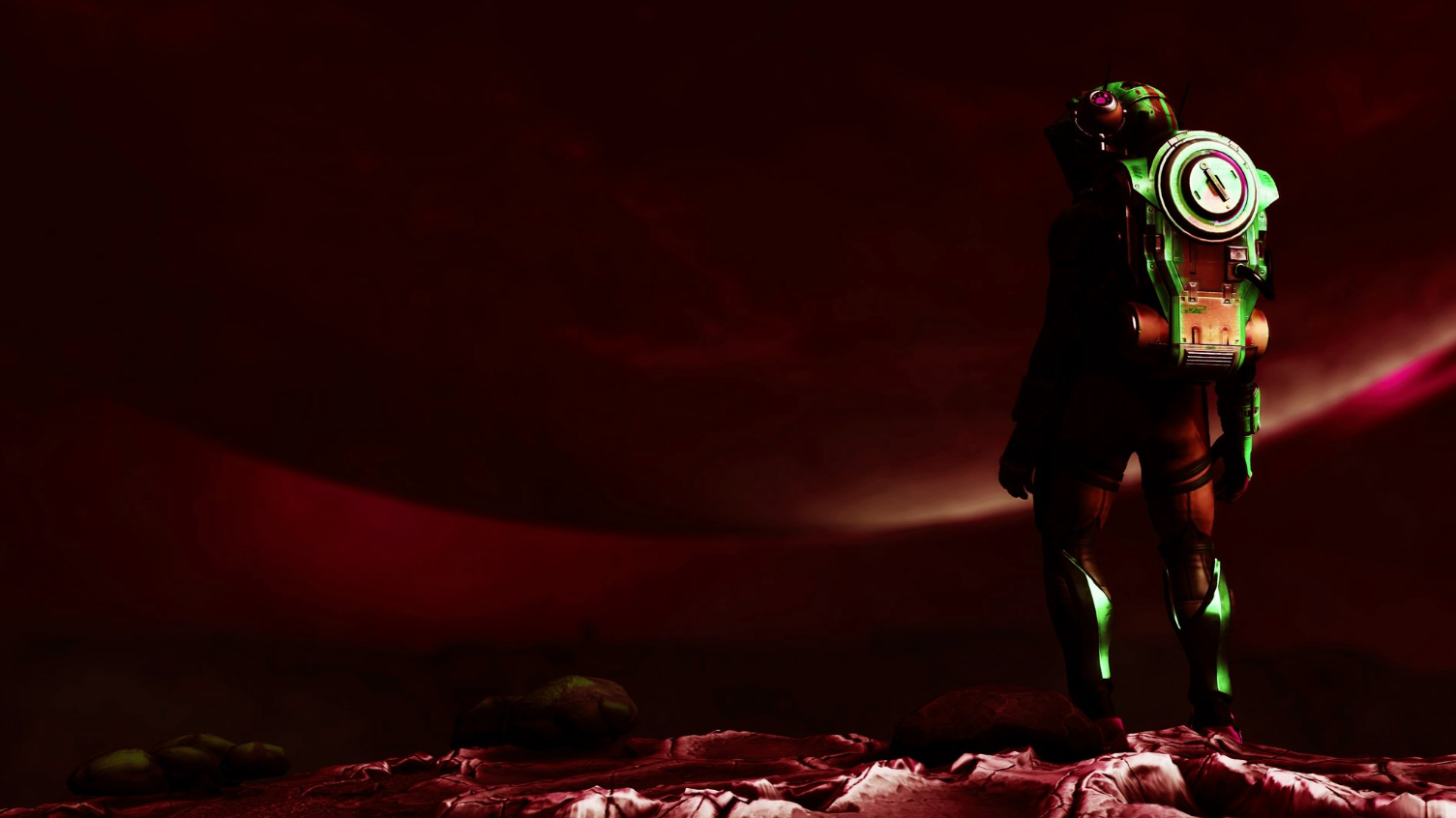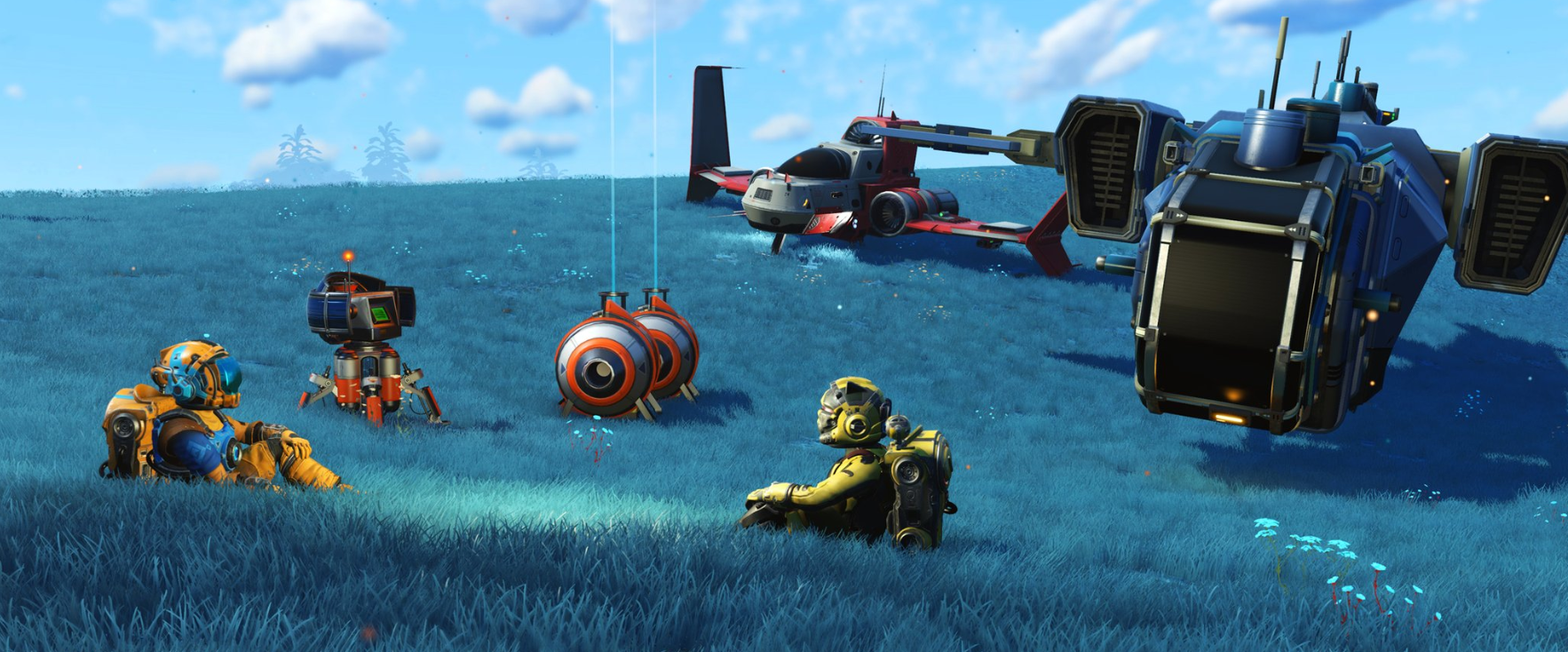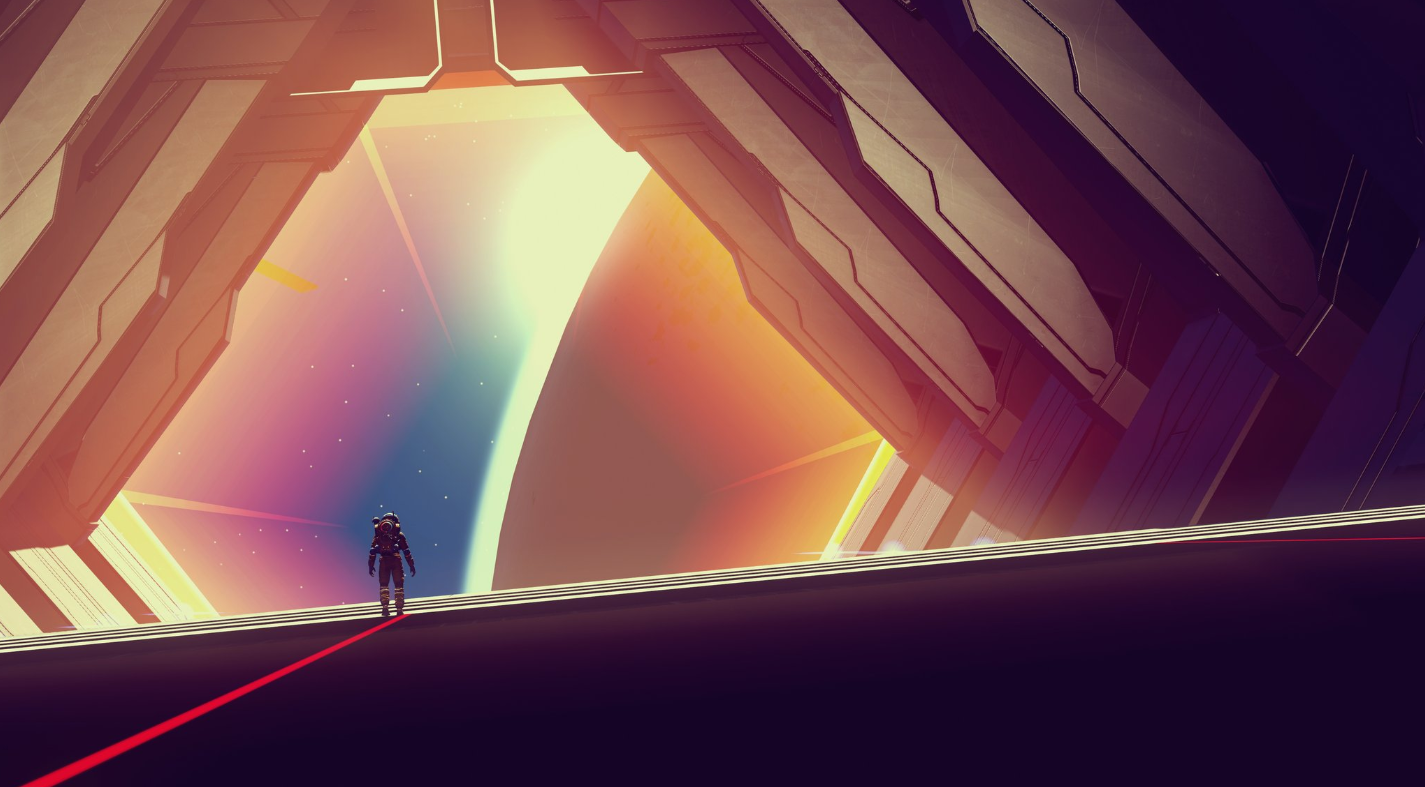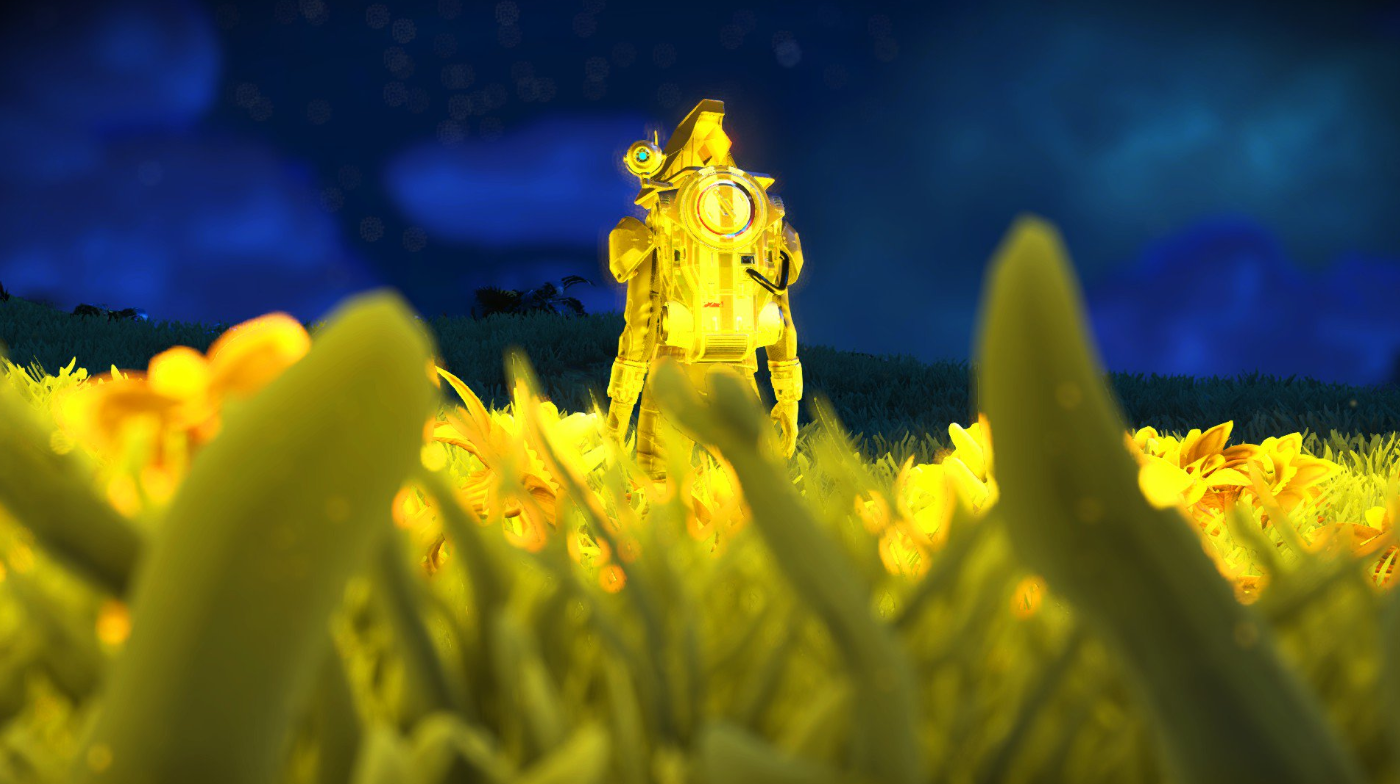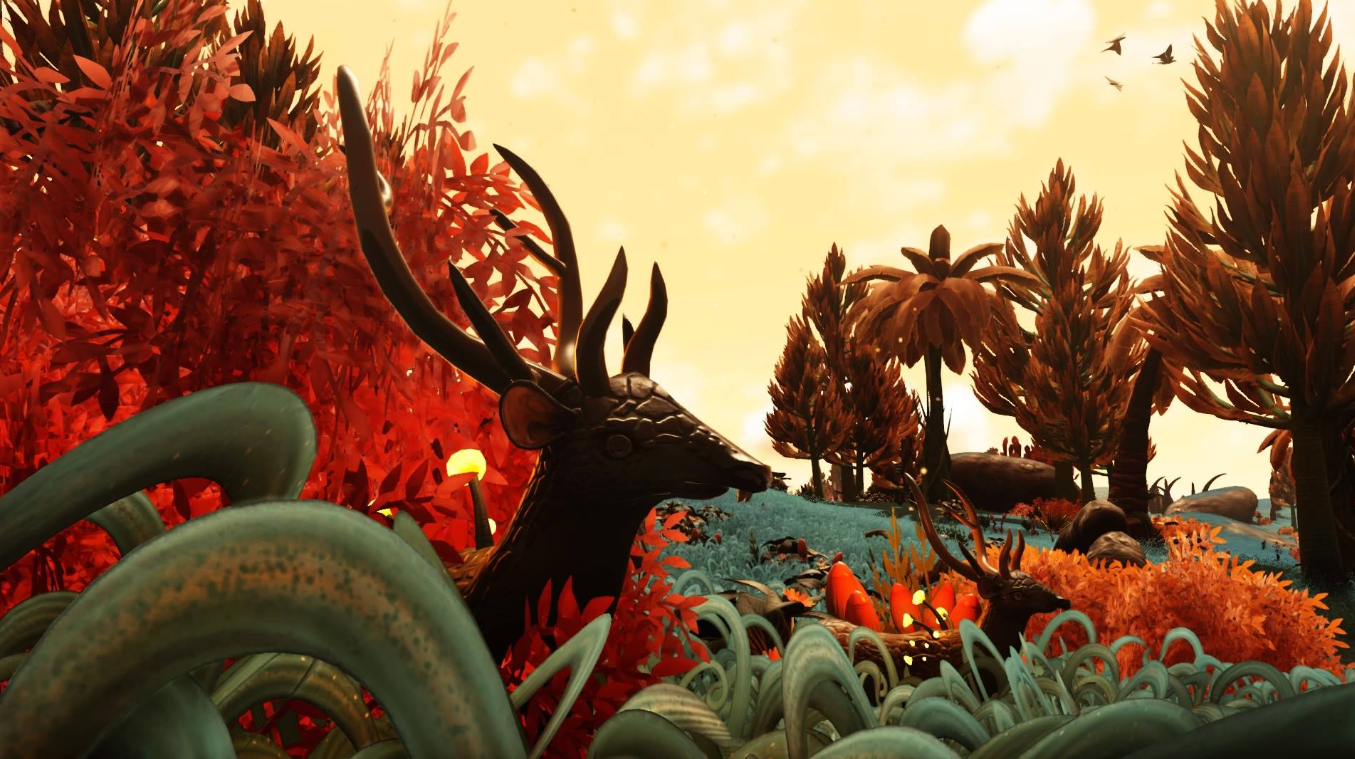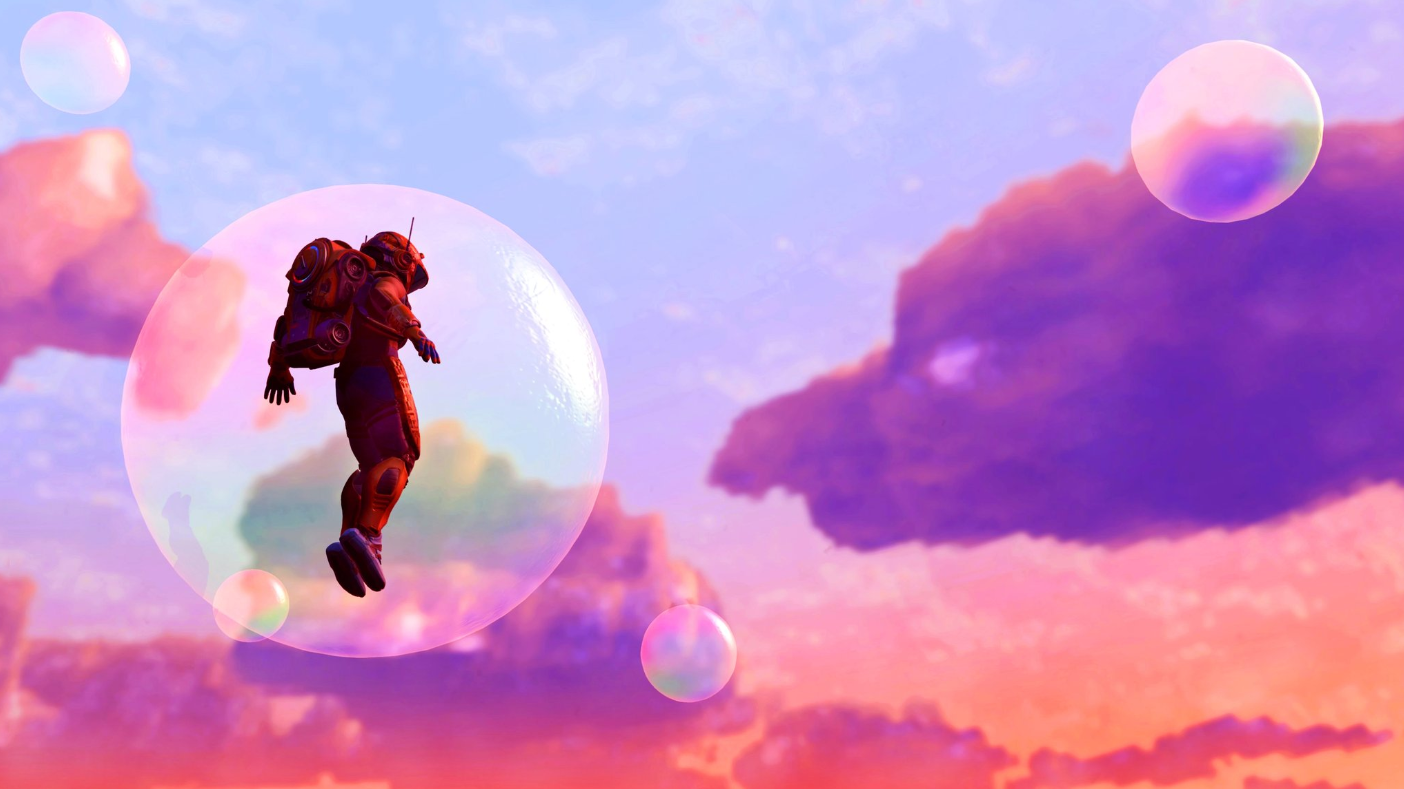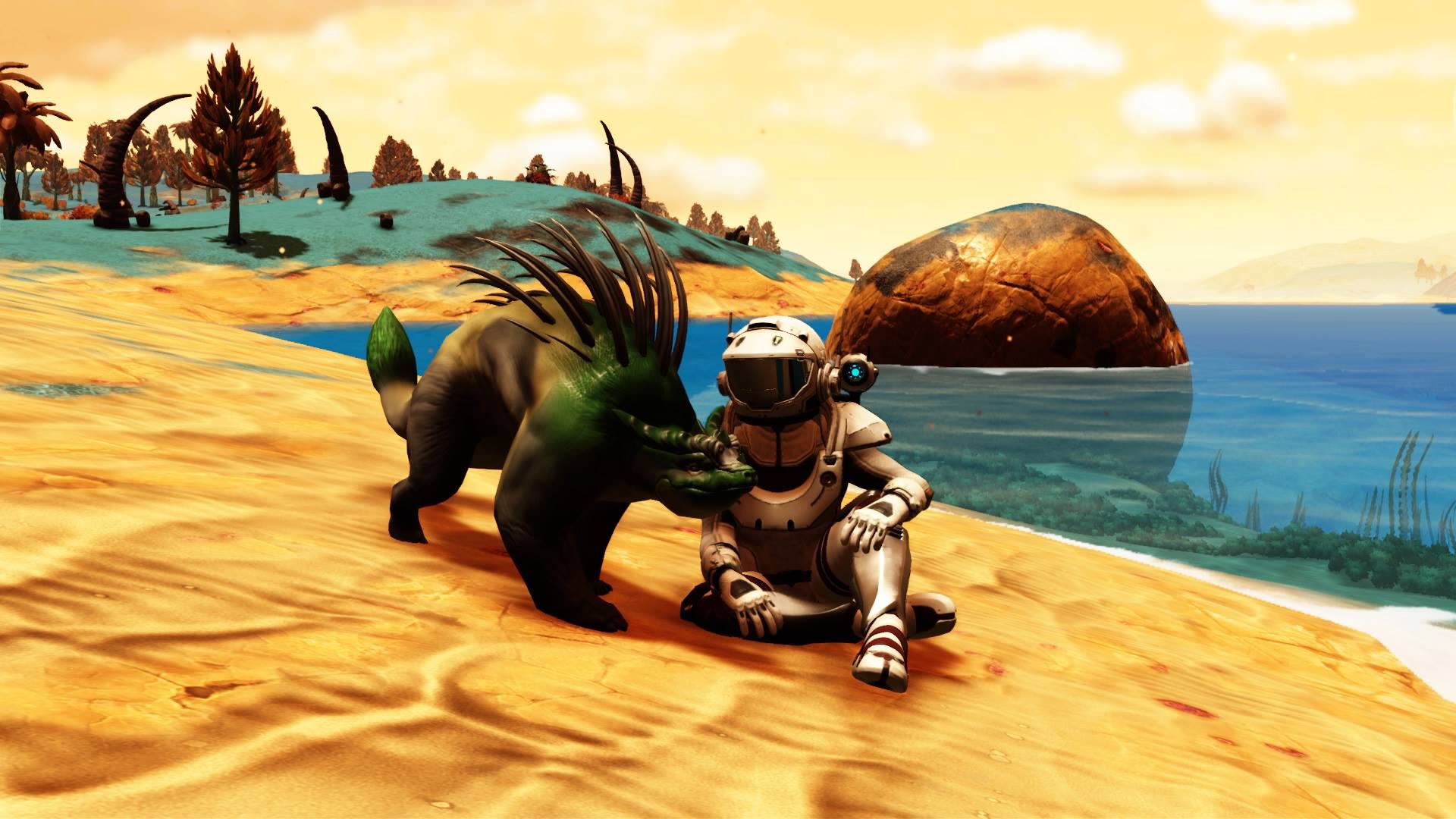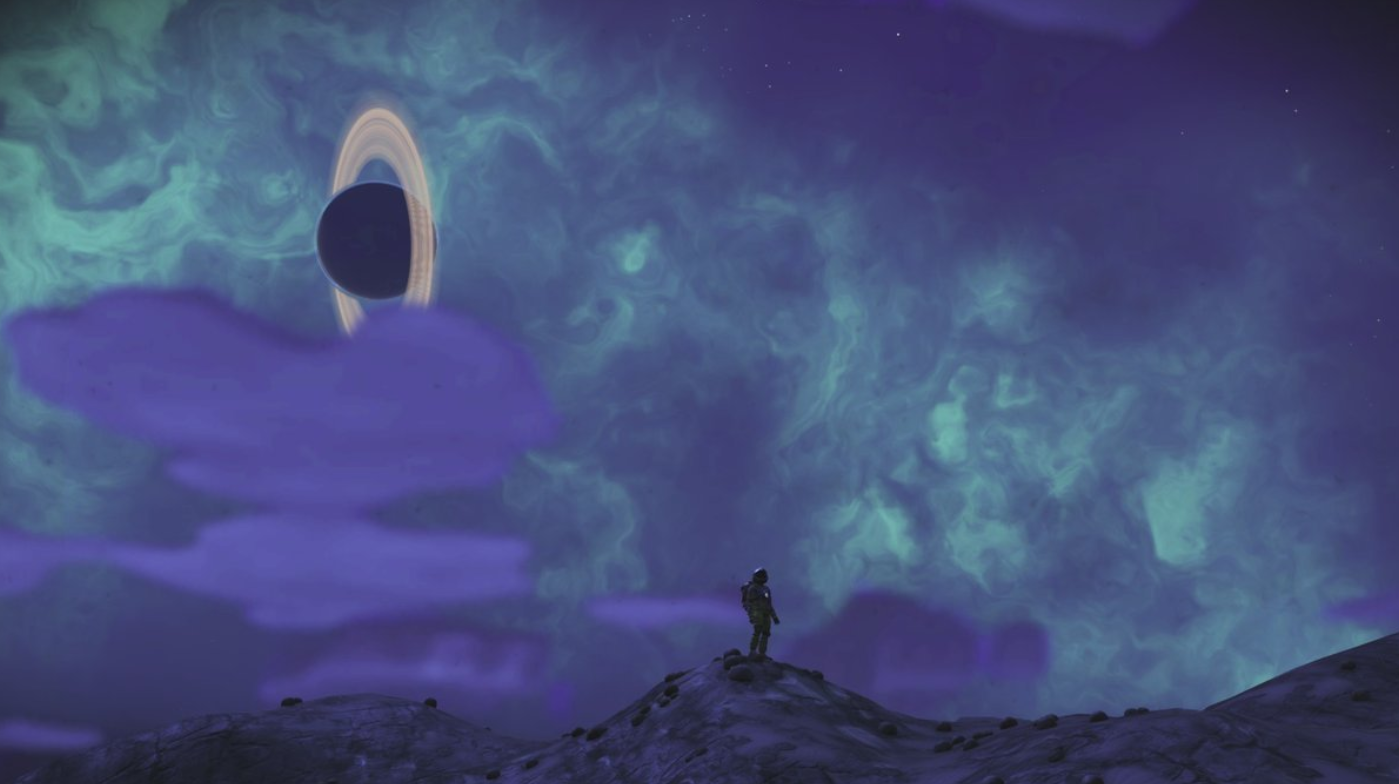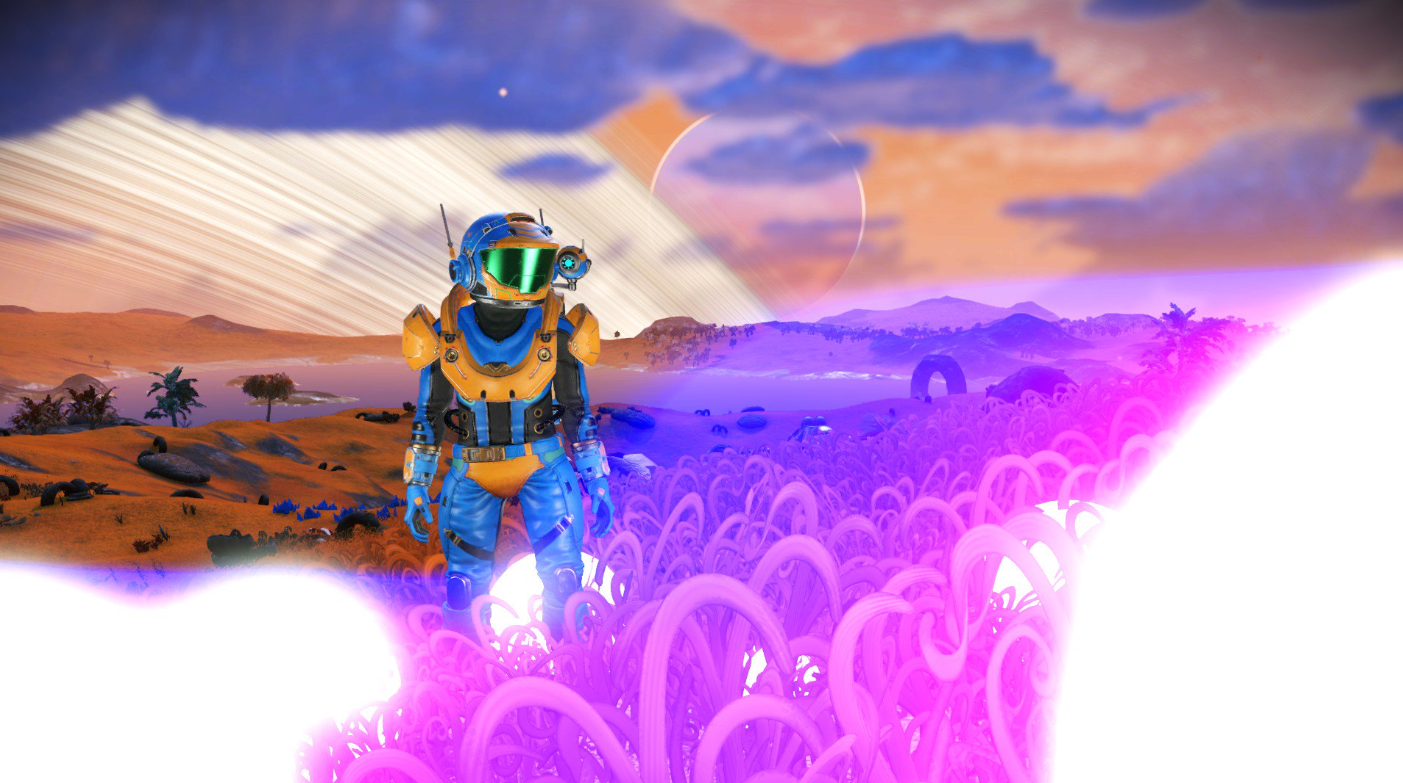Getting to know the technological titans of TerraGenesis
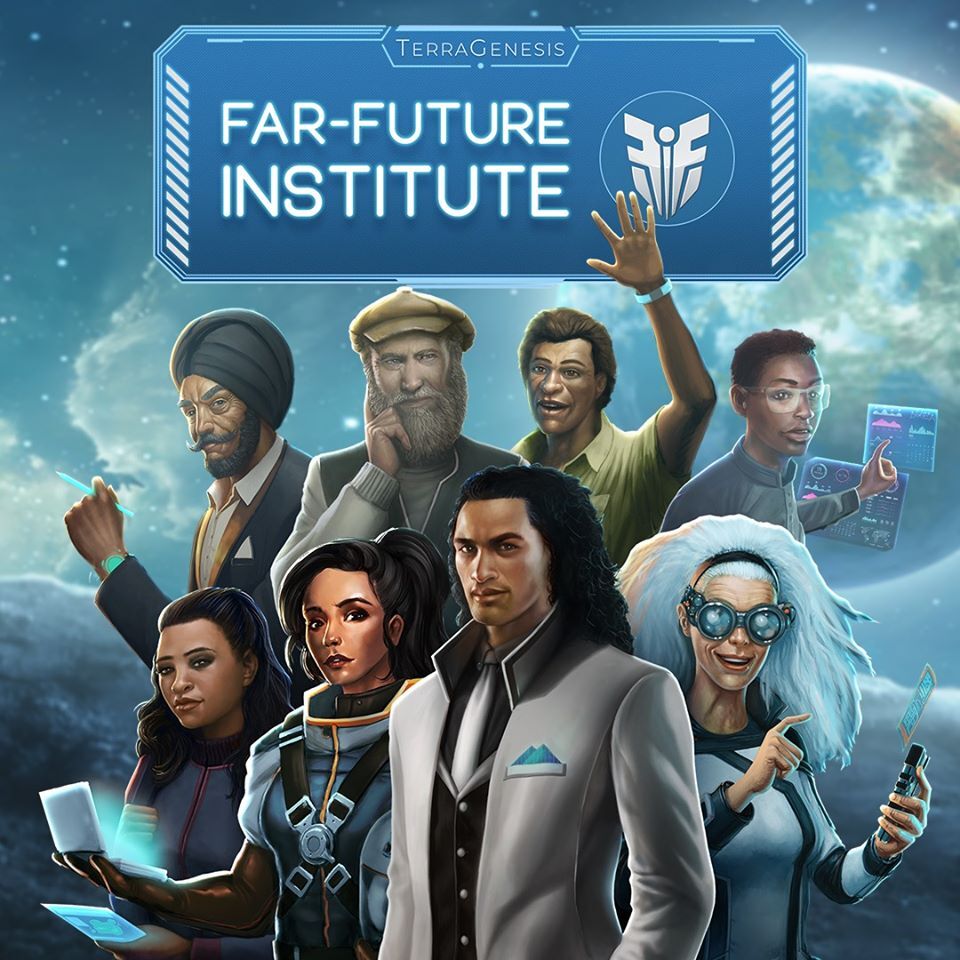
The Far-Future Institute is the newest faction on the terraforming scene after their founder, Keahi Malae, gathered some of the best and brightest across the solar system. An institution devoted to innovation and technology, the Far-Future Institute has taken it upon themselves to develop inventions and processes that foster solutions to humanity’s longest problems, pushing the boundaries of our limitations and propelling our kind into a future far greater than previously imagined. This is the promise of the Far-Future Institute, and its scholars work tirelessly together to deliver upon it.
Giving it the old college try
Thanks to Keahi Malae’s efforts, the Far-Future Institute has attracted some of the greatest minds humanity has ever seen. They come from the prestigious universities on Earth but also the dusty corners of Mercury, Mars, and beyond. Malae understood that the best and brightest among us would certainly possess multiple degrees from esteemed organizations but also practical knowledge learned from years of experience. Despite their varying backgrounds and methods of collecting their cutting-edge knowledge, these diverse minds all have two things in common: they’re dedicated to problem-solving with an unbiased mind and consider all angles before reaching a conclusion, knowing their decisions may have impacts for millennia to come.
Thought politics

The Far-Future Institute maintains a neutral stance when it comes to aligning with other factions in an effort to remain impartial. Their goal is singular: further humanity’s knowledge in every possible field, from quantum physics to organizational psychology. Politics only serve as a speed bump to progress, although the general consensus is that certain factions are more useful than others in any given situation. Where they recognize the Daughters of Gaia for their strengths in bio-engineering, they also credit the Sons of Hephaestus for their engineering prowess. And while they see the potential for access to untold data and information hidden behind the bureaucratic red tape of the UNSA, they understand the importance of critically-needed funds to be secured from taking on projects from the Horizon Corporation. Striking a peaceful balance between the existing factions that have already secured their places amongst the stars has allowed the Far-Future Institute to quickly become a force to be reckoned with.
Sterile science
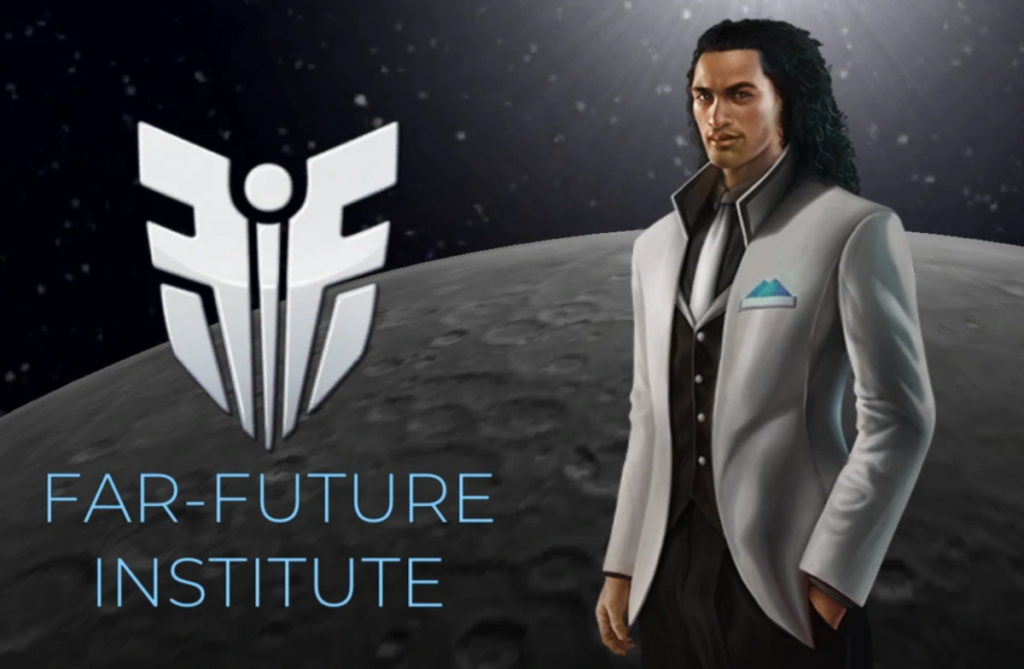
Striving to maintain an impartial, unbiased view at all times is an identifying feature of the meritocracy that is the Far-Future Institute, with detractors arguing that it’s extreme to the point of detriment. In the pursuit of knowledge, the Far-Future Institute has been known to consistently choose the path that results in the most knowledge acquired with a secondary attempt to carve out ethics behind the applications their findings present. In other words, they always ask themselves “if they could,” but only as an afterthought ask “if they should.” Additionally, the path that results in the greatest good long-term is considered to be the only solution, even if it means consequences in the short-term. The organization has been known to displace entire towns for the sake of experiments that, while the resulting science lead to limitless possibilities in terraforming, created an unnecessary refugee situation that the UNSA ultimately had to clean up. Where they see themselves as unbiased, others see them as cold and unfeeling. All in the name of progress, it seems!
If knowledge is what you seek and you possess an open mind with no prior alignments, the Far-Future Institute may be the faction for you. Abandon all bias ye who enter here – choose technology and the Far-Future Institute for your terraforming efforts!
